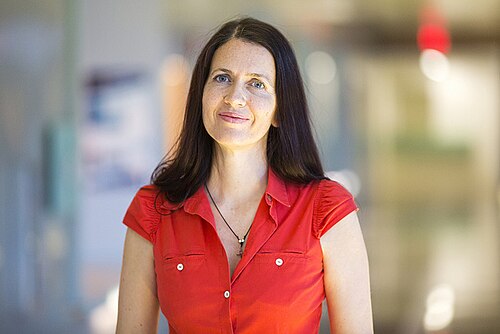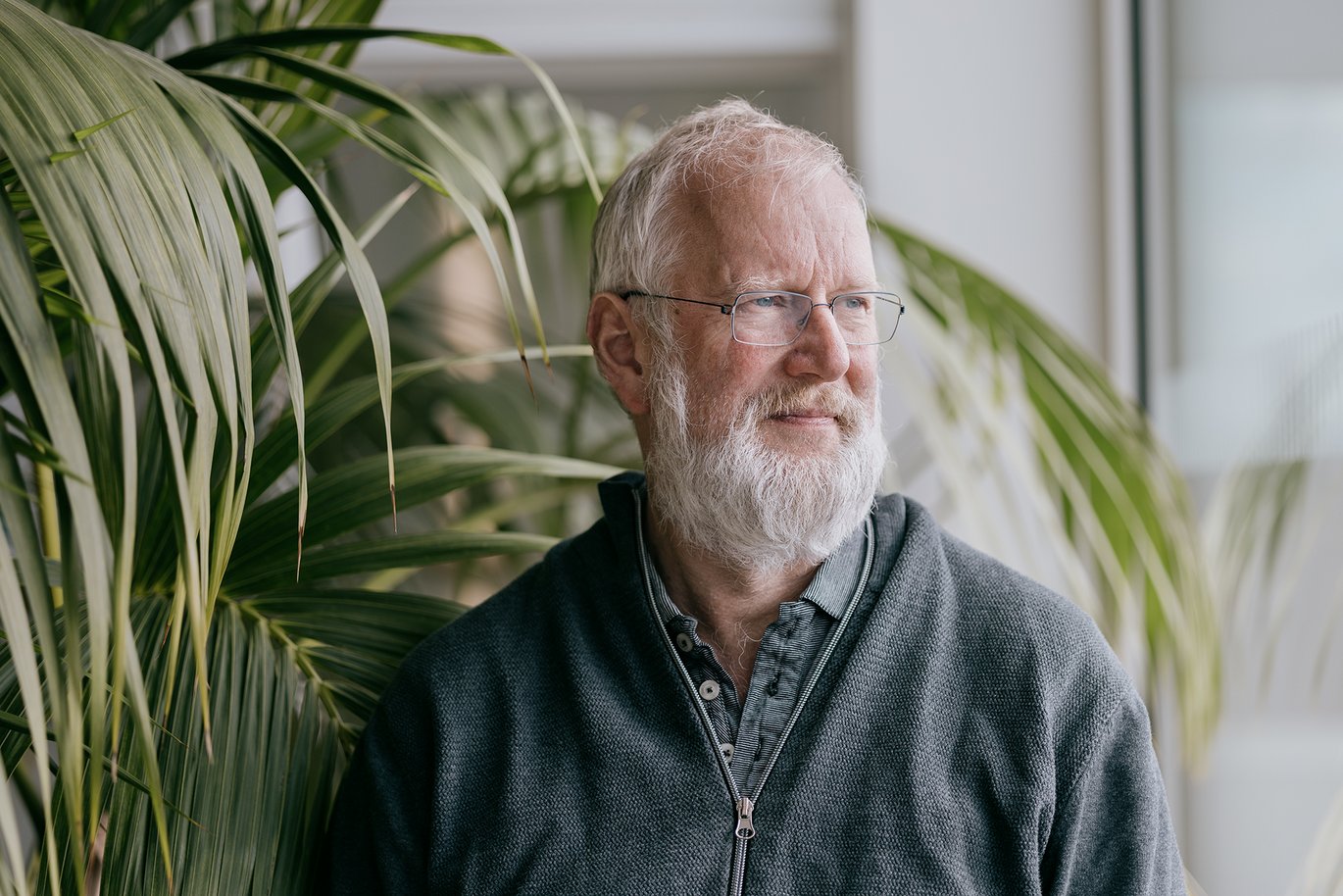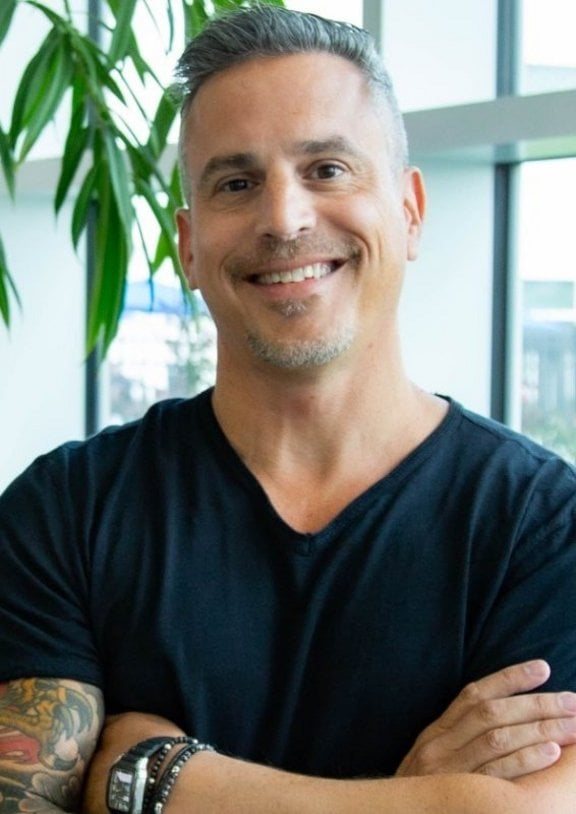MODELS 2025 Keynotes

Rada Mihalcea, University of Michigan, USA
Humans as Models: Are We There Yet?
As model-based engineering expands from technical systems to socio-technical ecosystems, a central challenge emerges: can we model the humans within these systems with the same rigor and utility that we apply to the systems themselves? This talk will address recent progress in representing human cognition, behavior, and interaction, while highlighting the limitations that arise when attempting to capture the full diversity and unpredictability of human experience. Drawing on advances in large language models and multi-agent systems, the talk will explore what it would take to make human representations first-class model elements within the modeling ecosystem.
Biography
Rada Mihalcea is the Janice M. Jenkins Professor of Computer Science and Engineering at the University of Michigan and the Director of the Michigan Artificial Intelligence Lab. Her research interests are in computational linguistics, with a focus on lexical semantics, multilingual natural language processing, and computational social sciences. She was a program co-chair for EMNLP 2009 and ACL 2011, and a general chair for NAACL 2015 and *SEM 2019. She is an ACM Fellow, a AAAI Fellow, and a former President of the ACL. She is the recipient of a Sarah Goddard Power award (2019) for her contributions to diversity in science, an honorary citizen of her hometown of Cluj-Napoca, Romania (2013), and the recipient of a Presidential Early Career Award for Scientists and Engineers awarded by President Obama (2009).

Peter Gorm Larsen, Aarhus University, Denmark
Use of Models inside Digital Twins
Models can be used for many different purposes in the development, production and operation of complex systems. In the engineering of Digital Twins (DTs) of Cyber-Physical Systems (CPSs) models can play different roles. This presentation goes behind the glossy image of DTs in order to advise researchers and advanced professionals of how models can be used, and what else is necessary to establish reliable DTs. This presentation will start by reflecting upon the initial naïve understanding of how models could be used to engineer DTs. Experience is drawn from a large number of externally funded projects. The lessons learned have been incorporated in the book about engineering of digital twins. The Digital Twin as a Service platform is also introduced to demonstrate how such a platform can make it easier to incorporate models in the engineering of DTs.
Biography
Peter Gorm Larsen is professor at the department of electrical and computer engineering in the section for Software Engineering & Computer Systems at Aarhus University in Denmark. He currently leads the AU Centre for Digitalisation, Big Data, and Data Analytics (DIGIT) and the AU Centre for Digital Twins. After receiving his M.Sc. in Electronic Engineering at the Technical University of Denmark in 1988, he worked in industry before returning to complete an industrial Ph.D. in 1995. In his industry career, as a development engineer and manager, he gave industrial courses all over the world on formal methods, and saw the technology he developed be applied in areas as diverse as secure message processing over options trading to near-field communication firmware. He returned to academia in 2005. His prime research goal now is to improve the development of complex mission-critical applications by implementing and applying well-founded technologies, in particular in the design of robust tools that help engineers to leverage models in early design stages to reduce overall product development risk in particular in the area of Cyber-Physical Systems.

Jason Bressler, United Wholesale Mortgage, USA
AI Adoption and Integration – How to Make It Work Quickly and Efficiently In the Workplace
AI isn't just a tool; it's a transformational force reshaping every industry. The companies who adopt quickly and wisely gain a competitive advantage; those who don't risk falling behind just as quickly. We'll discuss how to lay the foundation, build for speed and scale and how to ensure adoption and sustain momentum.
Biography
Jason Bressler is the Chief Technology Officer leading more than 2,200 information technology professionals at the #1 mortgage lender in the nation, United Wholesale Mortgage. With 26+ years of experience in IT, Jason manages the strategy and implementation of technology to increase information accessibility and integrated systems management. Passionate about leadership and building teams. Committed to developing technology solutions that make the mortgage process easier for brokers and borrowers across the country, and is one of the foremost and trusted voices of artificial intelligence in FinTech.
Accepted Papers
Wed 8 OctDisplayed time zone: Eastern Time (US & Canada) change
09:00 - 10:30 | Welcome & Keynote 1: Rada Mihalcea, University of Michigan, USAKeynotes at DCIH 102 Chair(s): Marouane Kessentini Grand Valley State University In-person | ||
09:00 90mKeynote | MODELS 2025 Keynote 1: Humans as Models: Are We There Yet? Keynotes | ||
10:30 - 11:00 | |||
10:30 30mCoffee break | Break Catering | ||
Thu 9 OctDisplayed time zone: Eastern Time (US & Canada) change
09:00 - 10:30 | Keynote 2: Peter Gorm Larsen, Aarhus University, DenmarkKeynotes at DCIH 102 Chair(s): Houari Sahraoui DIRO, Université de Montréal Online | ||
09:00 90mKeynote | MODELS 2025 Keynote 2: Use of Models inside Digital Twins Keynotes Peter Gorm Larsen Aarhus University | ||
10:30 - 11:00 | |||
10:30 30mCoffee break | Break Catering | ||
Fri 10 OctDisplayed time zone: Eastern Time (US & Canada) change
09:00 - 10:30 | Keynote 3: Jason Bressler, United Wholesale Mortgage, USAKeynotes at DCIH 102 Chair(s): Samir Iqbal Grand Valley State University In-person | ||
09:00 90mKeynote | MODELS 2025 Keynote 3: AI Adoption and Integration – How to Make It Work Quickly and Efficiently In the Workplace Keynotes | ||
10:30 - 11:00 | |||
10:30 30mCoffee break | Break Catering | ||